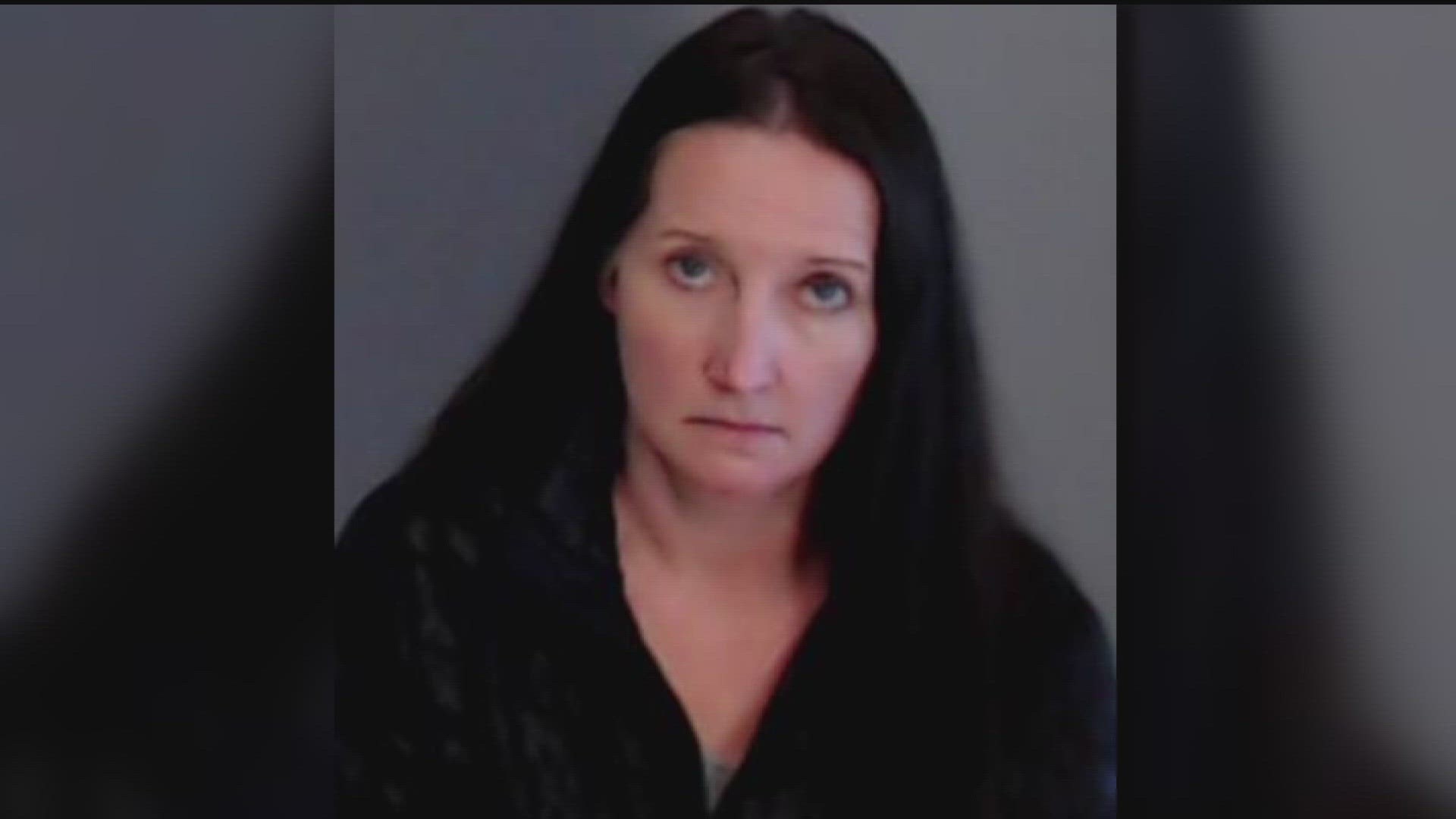DEKALB COUNTY, Ga. — Prosecutors in the DeKalb County murder case against a daycare operator argued whether the trial will include surveillance video that was collected following the death of a four-month-old in 2021.
There was no ruling on the motion to exclude the surveillance video as of around 5 p.m. Monday.
Amanda Hickey faces murder charges in the death of the infant boy, who according to investigators was placed down for a nap on his stomach, against the medical recommendation for a child of his age.
Video showed the child was left unsupervised for more than two hours before he was found.
At stake in Monday's hearing was whether that video can be used as evidence in the murder trial. The trial is scheduled for a July 5 start date.
Hickey's attorney had argued in a filing that as officers responded at her home following the 911 call to report the child unresponsive, and his later death, she "was never made aware she was the subject of a murder investigation" and "never told she had the right to remain silent" or "the right to refuse to give to the Dunwoody Police Department the surveillance footage or her DVR."
The filing additionally argued Hickey was "intimidated into believing she had to comply with whatever the officers demanded" which resulted in an "intentional trampling over Ms. Hickey's 4th Amendment right to be secure in her home from an unreasonable search and seizure."
Prosecutors in DeKalb County countered, in their response filing, that she had no reasonable expectation of privacy, given that the daycare business operated out of her own home and that the business is subject to state regulations that include consent to inspections and entries by the Georgia Department of Early Care and Learning at any time.
"The daycare portion is a professional business licensed by the State of Georgia that just so happens to be part of the same structure as her residence," the prosecution argued. "Furthermore, she was voluntarily operating a highly regulated business... society has a valid interest in ensuring that children are properly cared for in the childcare facilities that are licensed and sanctioned by the state. As such, the government had the right to enter the daycare portion of her home at any time in compliance with the rules to which she voluntarily consented to for the purpose of operating her business."
The filing added that the state child services agencies that oversee daycare operations "would have access to all records related to the care of the children, to include video surveillance."
The filing also argued she gave consent to the police activity anyway, in that she can be seen on policy bodycam that day "cooperative" and appearing "to genuinely want the police to have access to the video surveillance."
"The evidence will show that the defendant gave valid consent for the officers to enter her home and remain in the home. As seen on the body cam video, she waved the detectives in and stated, 'Come on in,'" the filing states. "On February 3, 2021, she consents to the detectives viewing and ultimately downloading the video surveillance. During a discussion about the video surveillance that could be seen in plain view on the screens in the daycare, the defendant volunteers that she can go into the closet and show the detectives where the video recording system is located. She then opens the door to the closet herself. During the course of the evening, she aids the detectives with downloading the video."
The filing further stated she provided written consent to detectives to physically take the recording device back to police headquarters "to aid with the download of the video surveillance."
"Once it was determined that there was clearly additional criminal activity afoot, detectives obtained a search warrant as a precautionary measure even though they had valid consent," prosecutors argued.
They further agued that, through the discovery process, the video would have been obtained eventually anyway and that Georgia law provides exceptions to an expectation of privacy in the deaths of children under seven "if the death is unexpected or unexplained."

